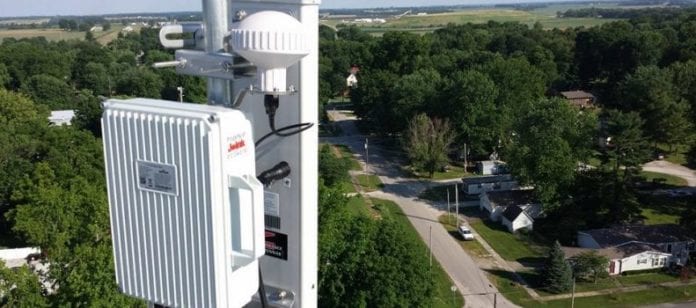Smart city initiatives and business development are goals of small cell outreach
While some city’s take a combative posture toward wireless deployments for reasons ranging from community health concerns to aggressive siting fee structures, leaders in Berkeley, Calif., are actively looking for investment in small cell infrastructure.
The city has engaged wireless strategy firm 5 Bars to “act as an advocate for the city, in collaboration with carriers, in order to minimize impact from wireless facility siting decisions,” according to a statement. “The decision…was based on maintaining control, preventing visual blight and increasing connectivity for businesses, residents and citizens. The solution will be the basis to deploy smart city infrastructure, enhance business development and improve city services.”
5 Bars is similarly engaged by the city of Fresno. Mayor Lee Brand also noted the development of smart city projects as a goal, adding that courting investment will help the city identify “innovative funding streams that are a part of our ongoing strategy of prudent fiscal management.”
California lawmakers are considering a piece of legislation, Senate Bill 649, which is meant to make it easier for carriers or their contractors to deploy a small cell in the state. The bill would dictate that a small cell deployment is “subject only to a specified permitting process,” including an encroachment permit or a building permit, and spells out three types of fees: a charge per small cell, an annual attachment rate, or a one-time reimbursement fee.
The bill hasn’t seen much dissent from lawmakers, but its reception by the public is another matter. In fact, in a July 5 opinion piece, the LA Times Editorial Board makes clear its distaste for the bill, which it views as a way to take-away control of wireless infrastructure projects from local authorities and residents. “Why shouldn’t cities and counties be able to try to leverage their assets to get a good deal for residents as part of the process, or take the time to get the public’s input on what could be a significant change to their physical and virtual landscapes?”
The Editorial Board concludes: “California’s lawmakers ought to be wary as well and show more interest in protecting the rights of communities to govern the use of their infrastructure, rather than letting telecommunication companies make those decisions for them.”
On the flip side, advocates for the legislation have pointed out numerous benefits. The California State Sheriffs’ Association is supporting the bill on the basis of improvements to public safety communications.“This is a very important bill to ensure that we provide the best and most high-level communication service to the people of our state in a way that contains costs,” bill author Sen. Ben Hueso, D-San Diego, told the Sacramento Bee.

